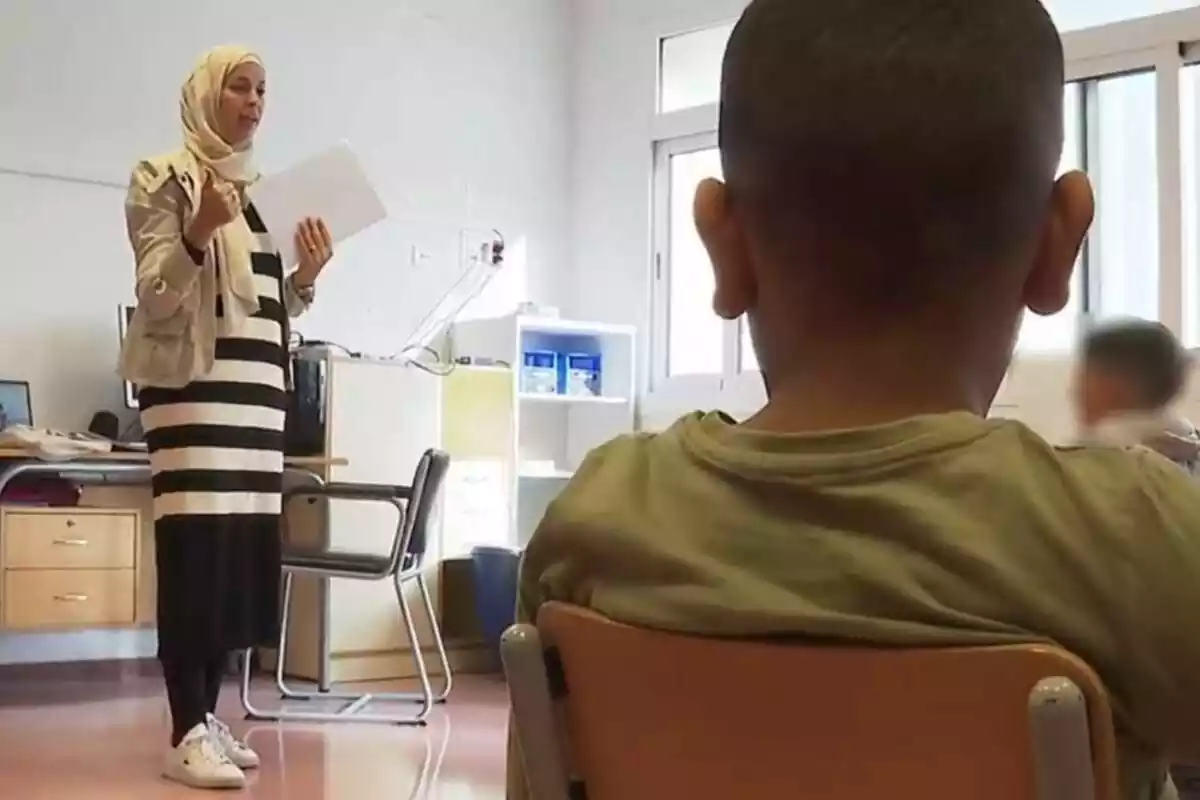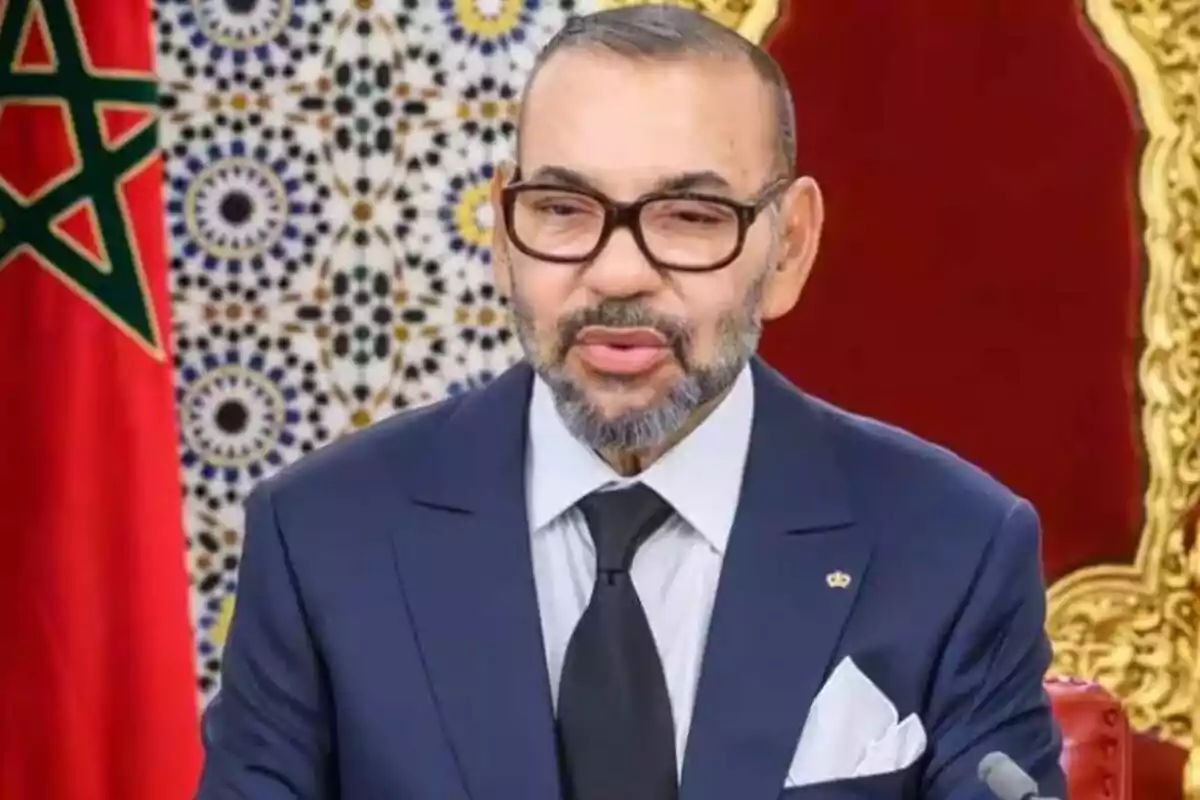
Generalitat brings officials from Morocco to teach Arabic in schools
Vox claims that this measure doesn't favor the integration of Moroccan students, but rather makes it more difficult
Generalitat has an official program underway to teach Arabic language and Moroccan culture in educational centers in the region. This program, known as LACM, brings in teachers directly from Morocco. These teachers are selected, appointed, and paid by the Moroccan Ministry of National Education through the Hasan II Foundation.
The program runs during the 2024-2025 school year and is present in a total of 122 Catalan schools. Of these, four offer these classes during the regular school schedule. The remaining 118 do so in after-school hours. The initiative seeks to facilitate the school inclusion of students of Moroccan origin, while also promoting the preservation of their cultural identity.
This educational collaboration is part of a bilateral agreement between the governments of Spain and Morocco. In fact, Spanish regulations recommend that autonomous communities teach a minimum of ten class hours per week (10 h) of this subject. They also require the inclusion of evaluation results in students' report cards.

Rejection on social media
However, the program has caused controversy and rejection from political and social sectors in Catalonia. Vox has been one of the main critics, requesting the suspension of the project. They argue that the initiative puts Catalan national culture at risk and encourages the segregation of Moroccan students, making their real integration into society more difficult.
In addition, Vox questions the control that Generalitat has over the teachers sent from Morocco. They point to controversial cases, such as that of Ayman Adlbi, former president of the Islamic Commission of Spain and under investigation for possible links to terrorism. This aspect increases doubts about the transparency and security of the program.
Meanwhile, the reaction on social media has been mostly negative. Many users express concern about the effect that this type of measure could have on social cohesion. They criticize that, instead of promoting effective integration, it helps keep cultural and social ghettos:
"Instead of putting money toward good inclusion, what we're doing is keeping the ghettos," "We're governed by incompetents," some say. Other users directly lament that "we're not on the right track" with this type of policy.
More posts: